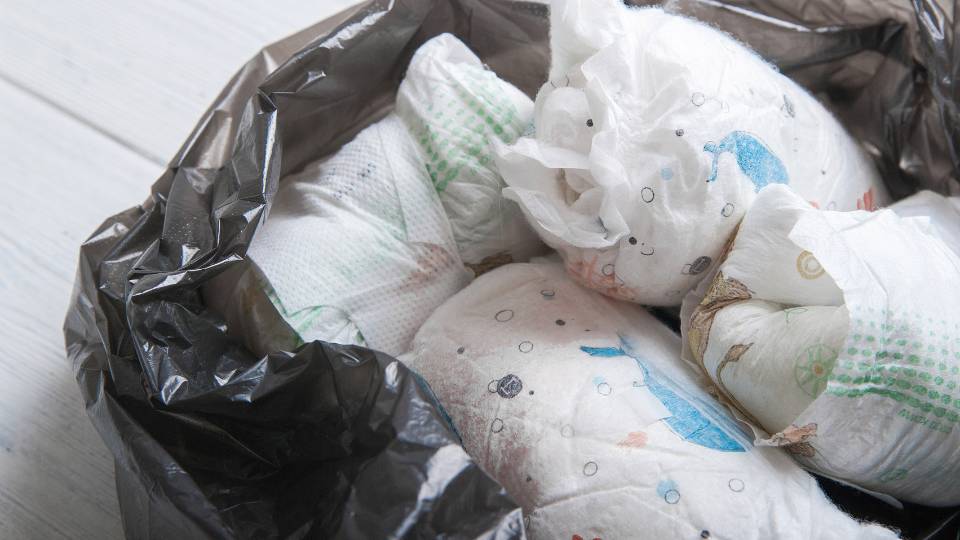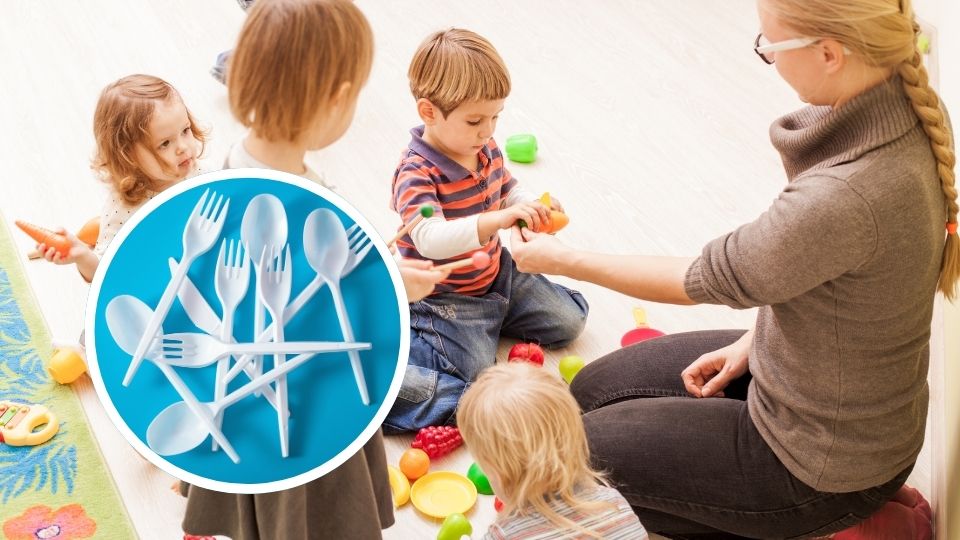
Reducing single-use plastics is a pressing issue, especially in environments like nurseries where young children can be directly impacted by plastic waste.
For UK business owners, supporting nurseries in this effort not only promotes sustainability but also fosters a healthier environment for the next generation.
This guide explores how nurseries can reduce their reliance on single-use plastics, the alternatives available, and how to educate parents on the importance of these changes.
Table of Contents
- Working with Parents:
- Washable Nappies
- Plastic-Free Stationery
- Saying Goodbye to Glitter:
- Avoid Plastic Cutlery and Plates:
- Grow Your Own Food:
- Conclusion
Working with Parents:
Educate Parents:
One of the most effective ways to reduce single-use plastics in nurseries is by involving parents. Educate parents about the impact of plastic waste on the environment and their children’s health.
Use newsletters, parent-teacher meetings, and social media to raise awareness and share tips on reducing plastic use at home.
Tips for Educating Parents:
- Hold workshops to demonstrate the benefits of using reusable items.#
- Distribute informational brochures about the environmental impact of disposable products.
- Create a dedicated section on the nursery’s website with resources and success stories about reducing plastic use.
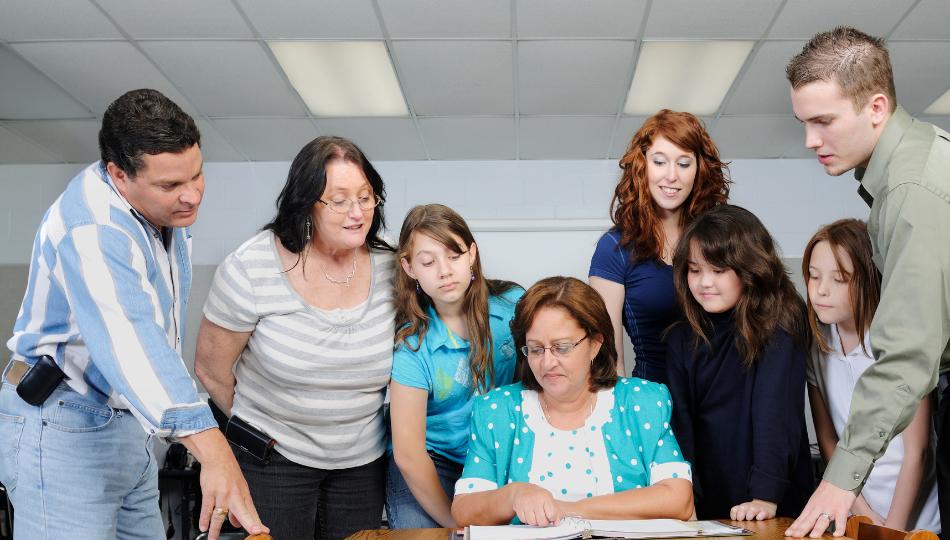
Washable Nappies
Switching from disposable wipes and nappies to washable alternatives can make a significant difference. Washable wipes and reusable nappies not only reduce plastic waste but also save money in the long run.
Benefits:
- Environmental: Reduces the number of disposable nappies and wipes ending up in landfills.
- Economic: Though the initial investment is higher, reusable products are cost-effective over time.
Implementation:
- Start by providing information sessions for parents on the benefits and usage of washable wipes and reusable nappies.
- Offer a trial program where parents can test these products before committing.
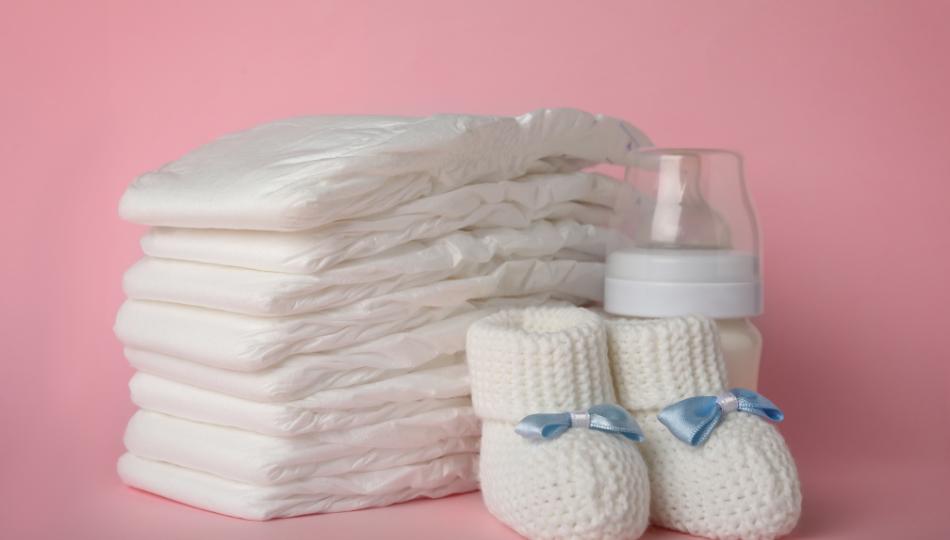
Plastic-Free Stationery
Many nurseries rely on plastic stationery, which contributes to the plastic waste problem. Switching to plastic-free stationery can be a simple yet effective step.
Plastic-Free Stationery Options:
- Use pencils and crayons instead of plastic pens.
- Opt for wooden rulers and metal scissors.
- Choose notebooks made from recycled paper.
Promoting Change:
- Highlight the benefits of plastic-free stationery in communications with parents.
- Encourage parents to purchase eco-friendly stationery for their children.
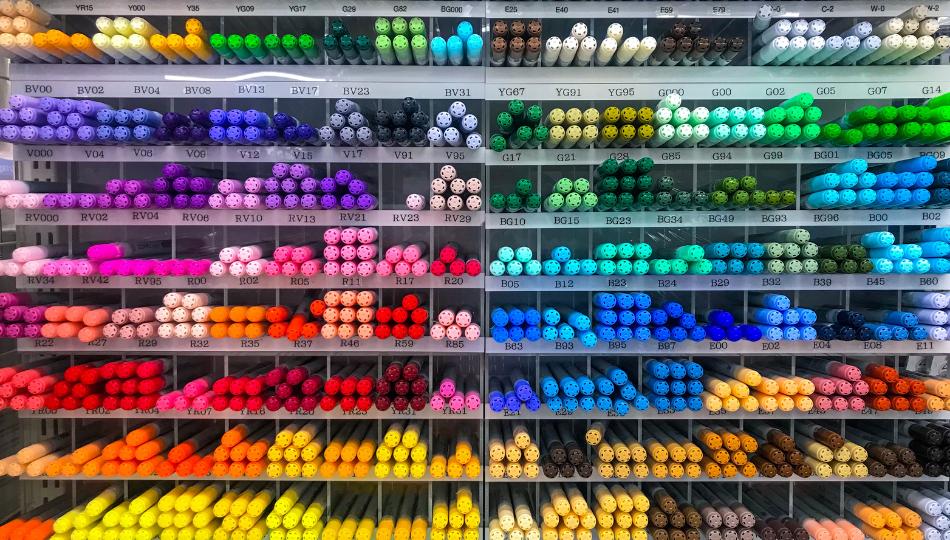
Saying Goodbye to Glitter:
While glitter may seem harmless, it is often made of tiny plastic particles that are harmful to the environment.
Nurseries can eliminate glitter from their arts and crafts when creating decorations and cards for events like fathers day and Christmas to reduce plastic waste.
Alternatives:
- Use biodegradable glitter made from plant-based materials.
- Encourage creative projects that do not require glitter, such as painting and drawing.
Educating Parents:
- Explain the environmental impact of traditional glitter and promote the use of eco-friendly alternatives.
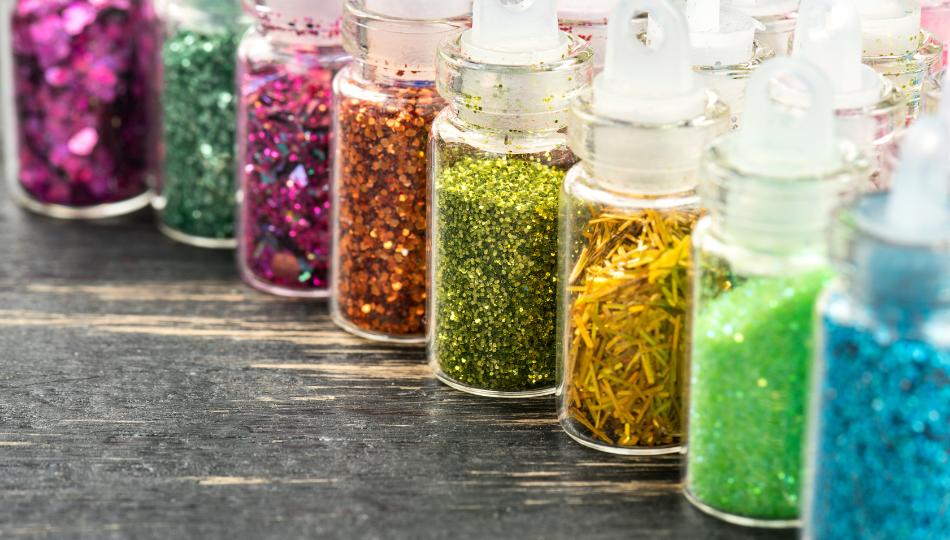
Avoid Plastic Cutlery and Plates:
Single-use plastic cutlery and plates are commonly used in nurseries for convenience, but they are a significant source of plastic waste. Switching to washable alternatives can help mitigate this issue.
Washable Alternatives:
- Stainless steel or bamboo cutlery.
- Ceramic or melamine plates that can be washed and reused.
Steps to Implement:
- Gradually phase out single-use plastic items and replace them with durable, washable options.
- Educate staff and parents on the importance of using washable alternatives and proper cleaning protocols.
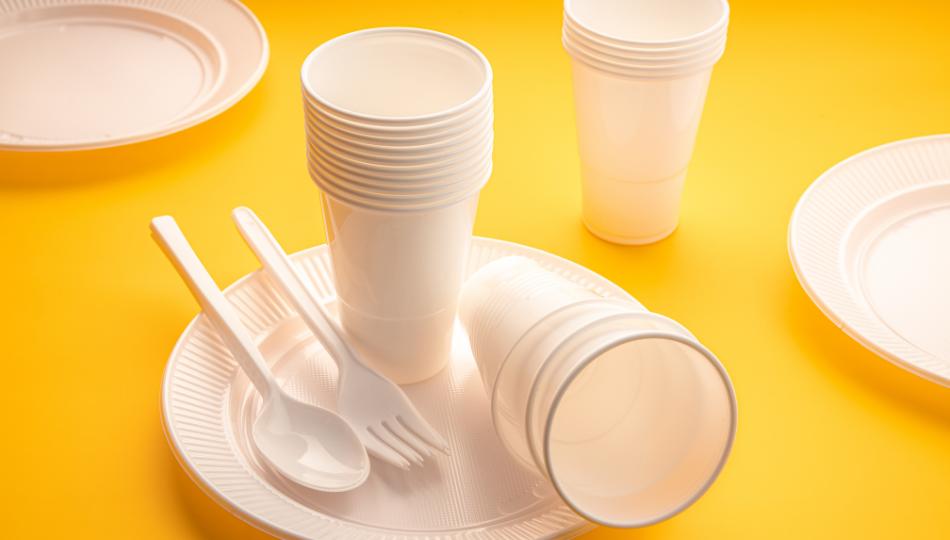
Grow Your Own Food:
Incorporating a garden into the nursery curriculum can teach children about sustainability and reduce reliance on plastic-packaged food. Growing your own food promotes eco-friendly practices and provides fresh, healthy produce.
It also cuts down on food waste as you are able to choose how much food you know you will need.
Benefits:
- Educational: Children learn about where food comes from and the importance of sustainability.
- Environmental: Reduces the need for plastic packaging associated with store-bought food.
How to Start:
- Dedicate a small area of the nursery to a garden.
- Involve children in planting, tending, and harvesting the garden.
- Use the produce in snacks and meals provided by the nursery.
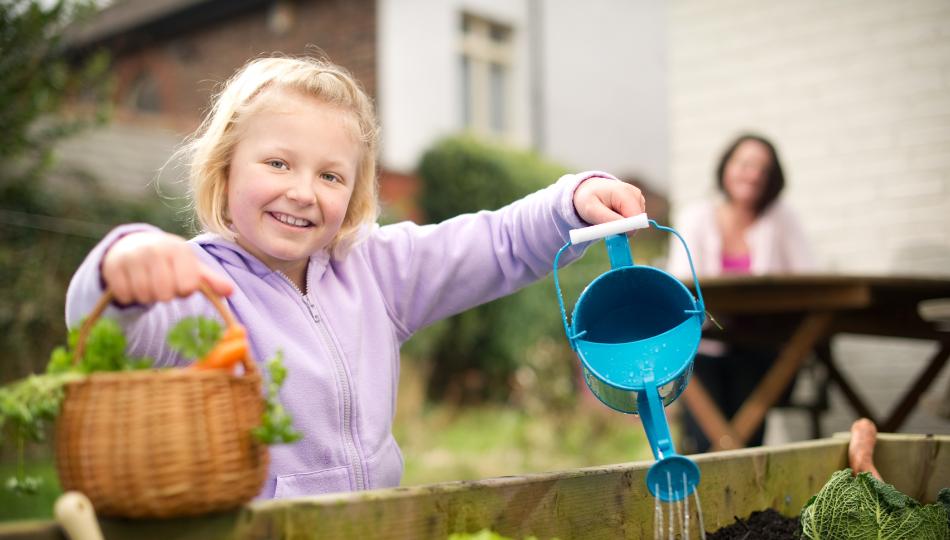
Conclusion
Reducing single-use plastics in nurseries is not only an environmentally responsible action but also an educational opportunity.
By involving parents, switching to washable nappies, choosing plastic-free stationery, eliminating glitter, using washable cutlery and plates, and growing your own food, nurseries can significantly decrease their plastic waste.
Educating parents and raising awareness about the impact of plastic waste will help create a community committed to sustainability.
For UK business owners, supporting these initiatives in nurseries aligns with broader corporate social responsibility goals and contributes to a healthier, more sustainable future for all.


